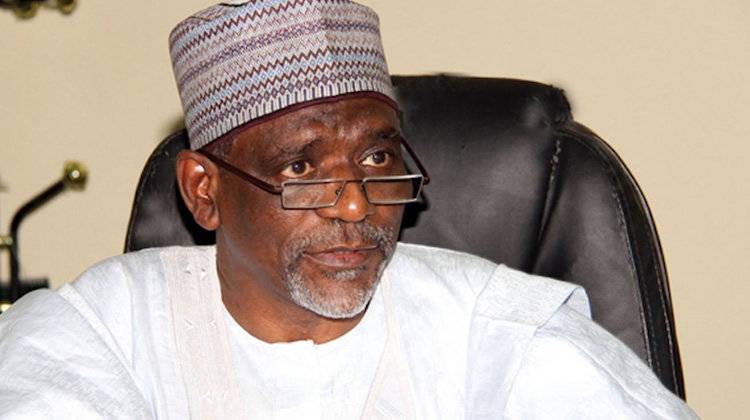Universities and other higher learning institutions are meant to ensure the delivery of high-quality education to their students.
Through this Nigeria will have the quality manpower that would ensure its development.
However, a combination of factors has been working against this in our institutions leading to the production of half-baked graduates who contribute very little to our development.
This includes a shortage of learning and teaching materials as well as inadequate or unqualified manpower in our institutions. There is also the lack of commitment on the part of students to their studies. Rather, many of them pay more attention to how they can make quick money. Parents and guardians do not play their role of monitoring their children and wards. Some go to the extent of aiding their children to cheat in exams.
- North in self-imposed educational backwardness – Adamu
- INEC ad hoc staff protest over unpaid allowances in Anambra
Now, for the Nigerian educational system to regain its relevance, parents, community leaders and governments need to be up and doing.
To achieve this task, parents need to properly check the performance of their children, put them through on how best to plan ahead in the course of their studies using credible and relevant evidence.
Community leaders should assist without discriminating among children while guiding them.
Above all, governments at various stages of leadership need to prioritise the development of the education sector by improving salary structures of teachers/instructors while providing instructional materials and conducive environment for better teaching and learning activities.
Lecturers must also show more commitment to their work of building a future Nigeria.
Zainab Ado Abubakar, Department of Mass Communication, University of Maiduguri

 Join Daily Trust WhatsApp Community For Quick Access To News and Happenings Around You.
Join Daily Trust WhatsApp Community For Quick Access To News and Happenings Around You.


